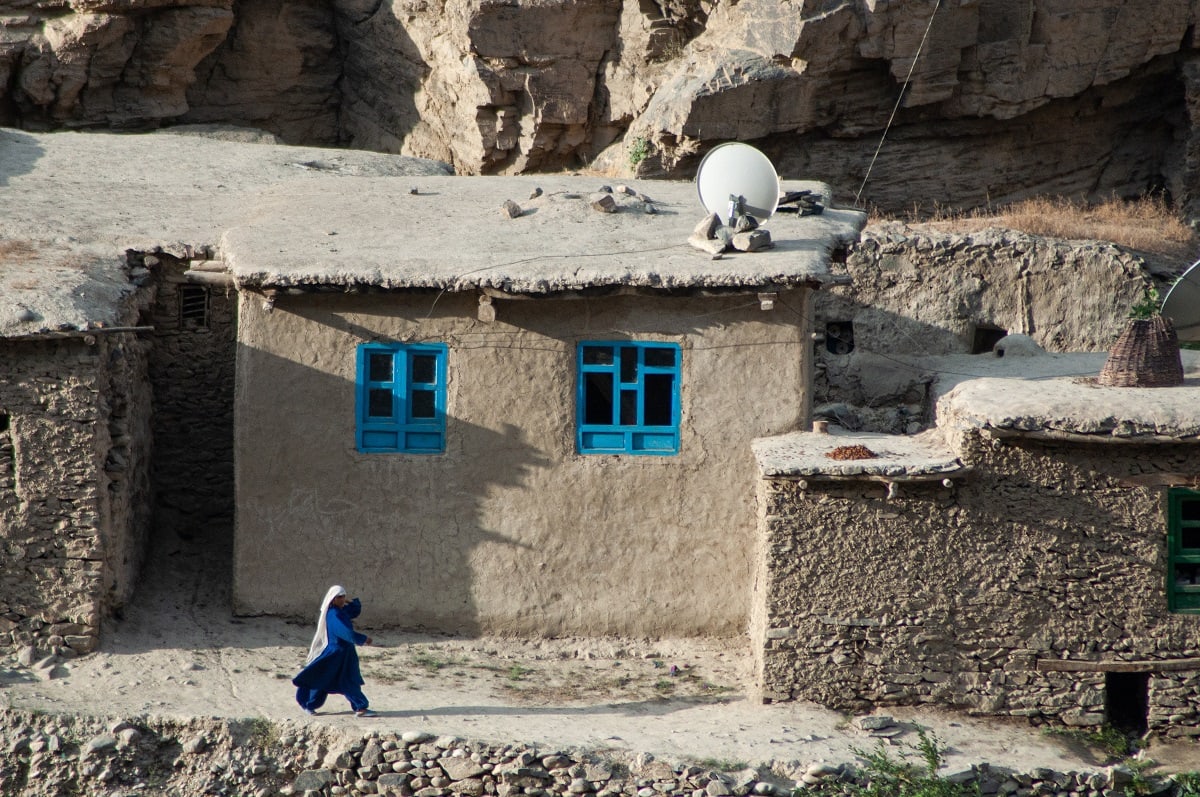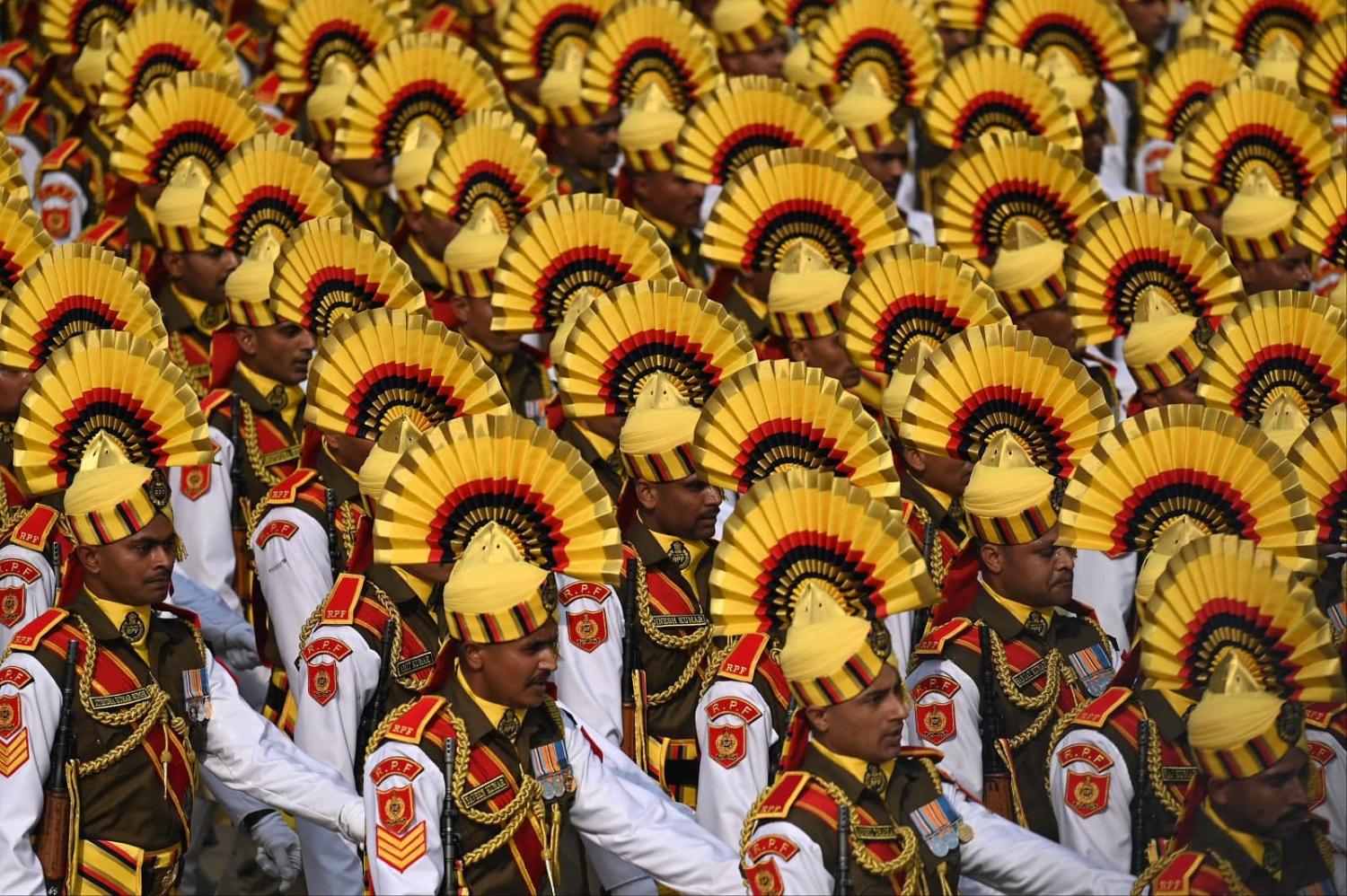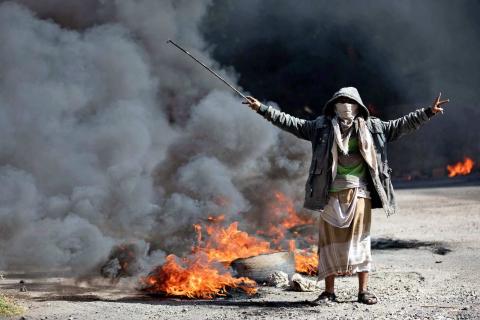The Taliban’s takeover in Afghanistan has not yet been the nightmare scenario that some in New Delhi had feared. India finds itself in the peculiar position of now being assiduously courted by the militant group. Though there will invariably be limits on India–Taliban cooperation, sound and historically grounded realpolitik drivers underlie the tentative rapprochement.
The Taliban leadership’s desire to assert its independence from Pakistan has been made abundantly clear by its active support of the Tehrik-i-Taliban Pakistan (TPP). After a short-lived Taliban-sponsored ceasefire in late 2021, attacks by the TPP and other militant groups in Pakistan have increased by more than 50 per cent. The Taliban’s reluctance to rein in the TPP has even extended to more putatively pro-Pakistan figures such as the Haqqani network leader and government minister, Sirajuddin Haqqani.
Tensions with Pakistan go beyond the Taliban’s support of the TPP. As a mostly ethnically Pashtun group, the Taliban has sought to increase its domestic legitimacy by appealing to Pashtun nationalism. The primary target of these nationalist appeals has been the Durand Line – the British-demarcated Pakistan–Afghanistan border – which the Taliban does not recognise.
The Taliban’s actions have historical resonance. Traditionally, most Afghan leaders have refused to recognise the border, dreaming of creating a greater “Pashtunistan” state encompassing Pakistan’s more than 35 million-strong Pashtun minority.
To cultivate partners other than Pakistan, the Taliban initially turned to China. This strategy has mostly failed to deliver. Modest aid and diplomatic support aside, Beijing is yet to provide the Taliban with what it fundamentally craves – international recognition and foreign investment.
Despite talking up the possibility of large Belt and Road investments in exchange for the Taliban supressing terrorist groups hostile to China, Xinjiang Central Asia Petroleum and Gas’ (CAPEIC) very recent US$540 million oil deal stands as the only concrete investment pledge. One caveat to CAPEIC’s investment is that an almost identical deal signed by China National Petroleum Corporation in 2011 in arguably more propitious circumstances, never eventuated.

China’s failure to make good on its investment pledges challenges the reductive notion that Beijing can simply compel Chinese companies to invest. Investing in Afghanistan would ironically seemingly undercut President Xi Jinping’s late 2021 directive to avoid “dangerous and turmoiled” places.
Beijing may also justifiably feel that the Taliban has not kept its end of the bargain. Militants, who have recently targeted Chinese projects in Pakistan, continue to operate in Afghanistan, including the TPP and Balochistan Liberation Army.
Most alarmingly from Beijing’s perspective were the findings of a 2022 UN Security Council report. Rather than being expelled, the mostly ethnically Uyghur Turkistan Islamic Party (TIP) has expanded its “operational space” in Afghanistan, benefiting from weapons purchases and alliances with local Taliban commanders.
As well as sharing a similar ideology, the Taliban leadership worry that expelling groups such as TIP may exacerbate a pre-existing exodus of hard-line fighters to Islamic State’s Afghan affiliate, the Islamic State Khorasan Province (ISKP). ISKP regularly attacks Taliban targets. For its part, the TPP proved to be a useful ally in the reconquest of Afghanistan.
With the results of its China pivot having proved disappointing, the Taliban have increasingly sought to reprise the traditionally relatively warm India–Afghanistan relationship. Taliban officials (including those once implicated in attacks on Indian targets) have implored Indian companies to recommence work on stalled infrastructure projects – a request that New Delhi is actively considering.
Another core focus of Taliban efforts has been to seek India’s permission to station an envoy at the Afghan embassy in New Delhi. Senior Taliban officials have even floated the possibility of India restarting a military training program.
India has been cautiously receptive to these entreaties. New Delhi has dispatched a technical team to its previously shuttered embassy and in June 2022, sent a delegation of senior officials to Kabul. India has restarted air trade corridors and resumed humanitarian shipments via the Chabahar port in Iran. Cultivating Central Asian trade via Chabahar and Afghanistan is a longstanding Indian objective.
The Taliban takeover has not negated the factors that made Afghanistan important to India in the past. In some cases, it has only amplified them. Although India is highly unlikely to officially recognise the Taliban, low-level cooperation will continue.
India clearly sees an opportunity to disrupt Pakistan’s policy of “strategic depth”, which since the Soviet invasion in 1979 has sought to cultivate a pliable regime in Kabul. In its outreach, India has prioritised so-called “nationalist” Taliban factions that it believes support a more autonomous foreign policy.
Already anxious over perceived Chinese encroachment in South Asia, India is loath to see China be the main facilitator of the Taliban’s quest for strategic diversification. Here, China is potentially at a pre-existing disadvantage given its quasi-alliance with Pakistan.
Nonetheless, the Taliban’s hosting of the militant Islamist organisations Lashkar-e-Taiba (LeT) and Jaish-e-Mohammed (JeM) will continue to make it – at best – a highly awkward bedfellow. Both groups have a long history of perpetrating attacks in Kashmir. The Haqqani network’s prominent role in the current Taliban government is also a particular concern for India given their traditional links to Pakistan’s security establishment.
At the same time, these groups’ enduring presence arguably gives India more reason to remain engaged, at least at a semi-official level. Although the players might be different, the Great Game for Afghanistan continues.

